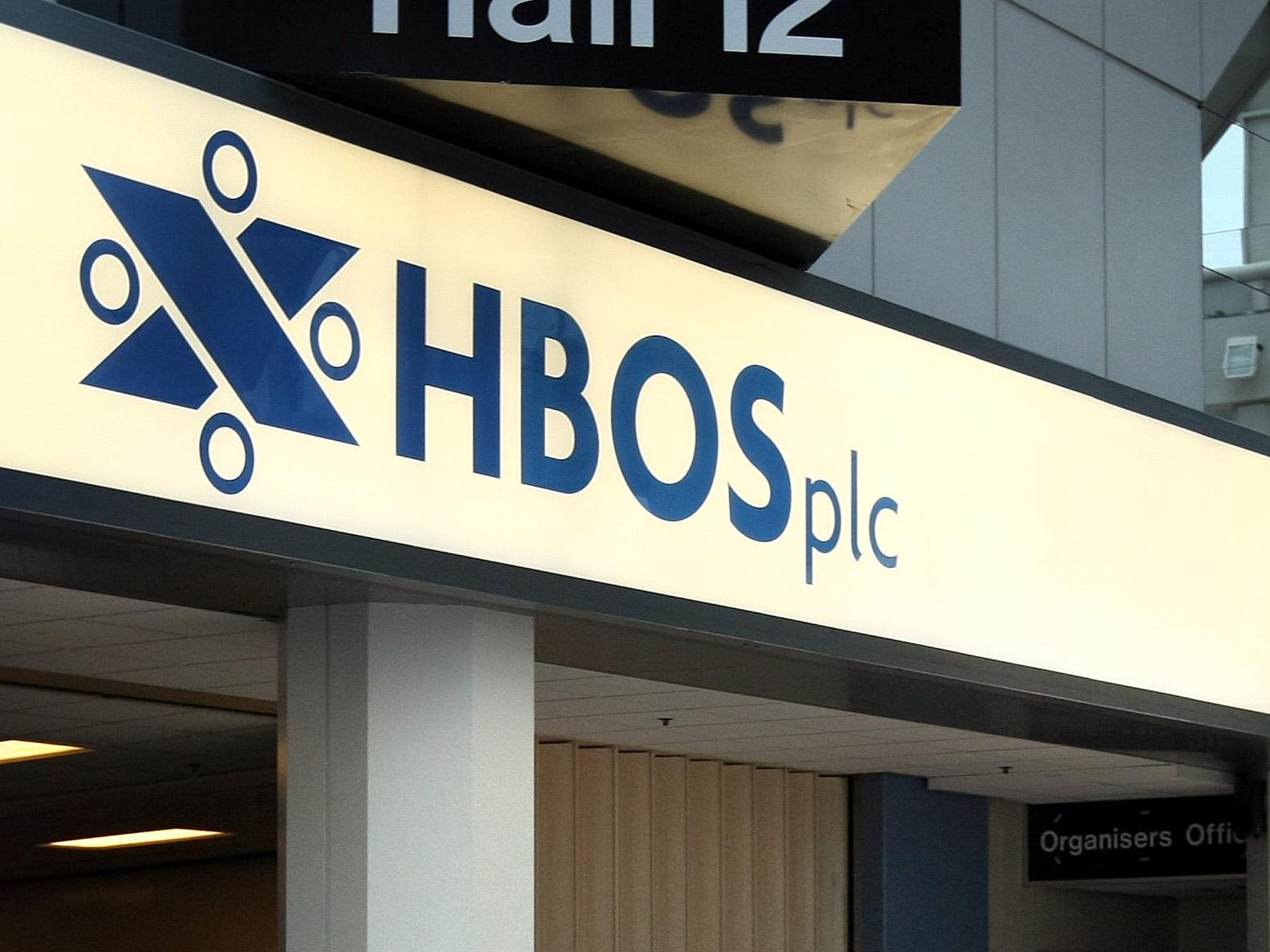Banking scandals like the £245m HBOS fraud in Reading are damaging the UK's social fabric
The Treasury Committee looks set to publish the results of an investigation into an incendiary leaked internal report into the affair, one of a number of scandals provoking widespread public discontent

Your support helps us to tell the story
From reproductive rights to climate change to Big Tech, The Independent is on the ground when the story is developing. Whether it's investigating the financials of Elon Musk's pro-Trump PAC or producing our latest documentary, 'The A Word', which shines a light on the American women fighting for reproductive rights, we know how important it is to parse out the facts from the messaging.
At such a critical moment in US history, we need reporters on the ground. Your donation allows us to keep sending journalists to speak to both sides of the story.
The Independent is trusted by Americans across the entire political spectrum. And unlike many other quality news outlets, we choose not to lock Americans out of our reporting and analysis with paywalls. We believe quality journalism should be available to everyone, paid for by those who can afford it.
Your support makes all the difference.Lloyds Banking Group just can’t seem to move past the scandal surrounding the massive fraud perpetrated by bankers and their consultant friends at its HBOS unit against small businesses in the Thames Valley region.
Last week saw the publication of a leaked internal report into the scandal – know as Project Lord Turnbull – that claimed HBOS failed to disclose the fraud before its rescue by Lloyds during the financial crisis.
Published by the All Party Parliamentary Group on Fair Business Banking, after first having emerged on the internet, the incendiary document argued that, rather than assisting customers, many of whose livelihoods were shattered, HBOS operated a deliberate strategy of concealment.
Without that, it questioned whether a 2008 rights issue, and the subsequent Lloyds rescue of the flailing institution, would have gone ahead, while pointing to “evidence of unfair and non-compliant treatment of customers”.
In April Lloyds decided to appoint Dame Linda Dobbs to investigate, and produce yet another report into the internal report.
Forests have died as a result of this.
It now looks as if this will see the light of day courtesy of the Treasury Committee, which this morning demanded a copy and a hearing with Dame Linda. Phew!
Lloyds said it was always going to let the Financial Conduct Authority (FCA), which is itself investigating, have the report, and that the Treasury Committee’s intervention will inevitably see it published.
“Lloyds Banking Group remains determined to get to the bottom of what happened in HBOS Reading and we share the Treasury Committee’s desire for transparency,” the bank said in a statement.
But while it has talked the talk, the way things have leaked out, or required the intervention of parliamentary groups, or committees, to be brought into the public domain raises questions about how strong that “desire” really is.
Yes, it’s true that there is a regulatory process ongoing, and there are legal issues, and there is an important requirement to protect whistleblowers. These things complicate the issue.
But the bank has yet to put out a clear and unequivocal statement pledging it will shine a light on it all.
In the last week the FCA has itself come under fire for failing to haul senior bankers over the regulatory coals in the wake of the Libor interest rate rigging scandal. Meanwhile, the treatment of small business customers by Royal Bank of Scotland’s Global Restructuring Group continues to draw ire.
It’s true that we’ve already had an Independent Commission on Banking, and a Parliamentary Commission on Banking Standards. Combined, they have seen the adoption of some important structural and regulatory reforms.
And yet still muck is spreading.
In Australia they’ve set up a royal commission to look at banking misconduct after a decade of scandal, that its prime minister, and the banks, first said they didn’t want, until they did.
Do we really need something similar after the blizzard of reports and investigations we’ve already had in this country?
Perhaps we do, because the scandals just keep on coming, and the way they are handled continues to cause concern, and feed into the perception that those at the top get away with it.
It’s bad for the industry, as much as anything else, but it’s also causing deep harm to this country’s social fabric.
Join our commenting forum
Join thought-provoking conversations, follow other Independent readers and see their replies
Comments